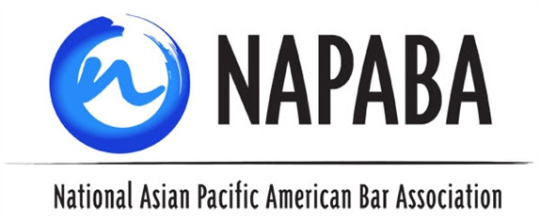WASHINGTON — The National Asian Pacific American Bar Association (NAPABA) and its partner organizations applaud the Supreme Court’s ruling in Fisher v. University of Texas at Austin, which reaffirms the principle that diversity in higher education is a compelling interest. In light of this decision, colleges and universities may continue to develop effective admissions policies that include race as a factor as part of a holistic review to create diversity and opportunity in the applicant pool.
“Today the Supreme Court affirmed the important role race-conscious admissions policies have in ensuring diversity in our nation’s colleges and universities,” said NAPABA President Jin Y. Hwang. “As lawyers of color, we see the beneficial impacts of these policies every day in the legal workforce and we recognize that diversity in higher education is critical to ensuring we have a pipeline of talented lawyers and judges able to serve their communities. We are encouraged that the Court continued to recognize these benefits for our country and allow colleges and universities to continue to ensure diversity and inclusion on campuses.”
The Coalition of Bar Associations of Color (CBAC) — NAPABA, the Hispanic National Bar Association (HNBA), the National Bar Association (NBA), and the National Native American Bar Association (NNABA) — issued a joint statement supporting the ruling, which can be read here.
CBAC member bar associations jointly filed an amicus curiae brief with the Supreme Court in Fisher that recognized the importance of race-conscious admissions policies to communities of color and the important role they play in ensuring diversity in the legal profession. The brief is available here.
NAPABA joined national Asian Pacific American community organizations — Asian Americans Advancing Justice (Advancing Justice) and the Asian American Legal Defense and Education Fund (AALDEF) — to support the University’s holistic review process. The organizations issued a joint statement applauding the result and can be read here.


